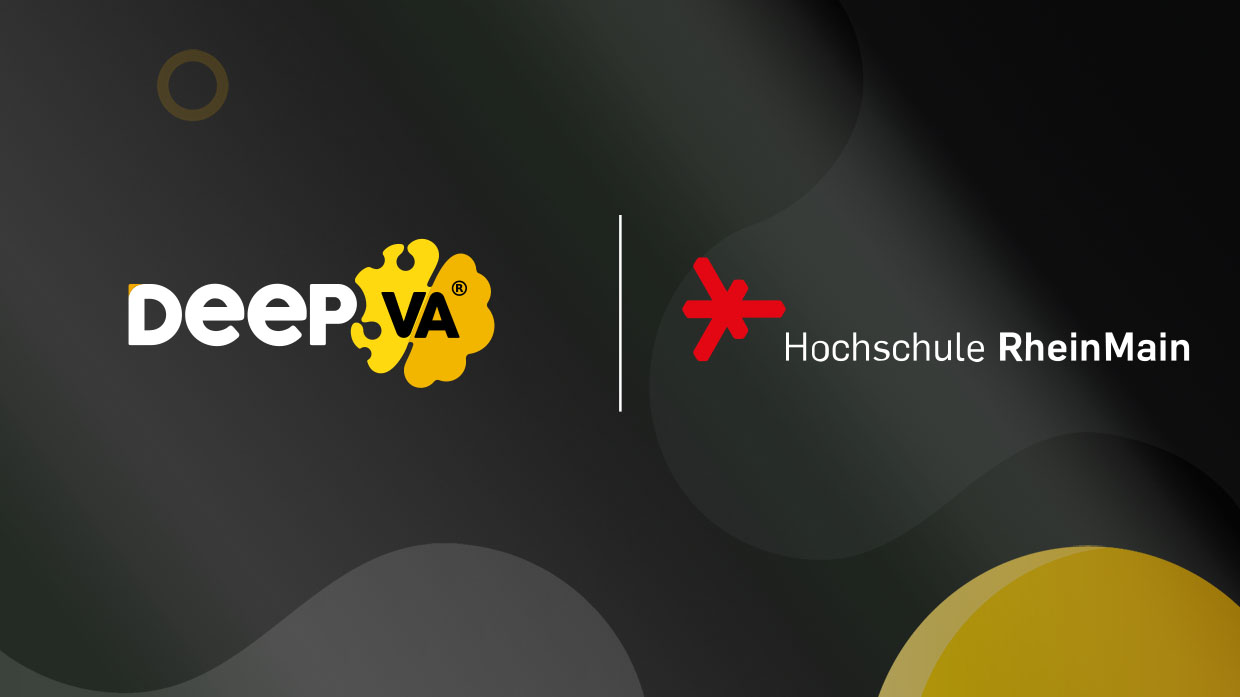In recent years, the image quality of video content has been steadily increasing. Nevertheless, the display of scenes with a large contrast and color range is still a challenge, even with Ultra High Definition TV. Often, image information is lost during the transition from HDTV to UHDTV, as areas that are too bright can only be displayed in white and areas that are too dark can only be displayed in black. A new method that should help here is the so-called High Dynamic Range (HDR). With the help of HDR, images appear richer in contrast, more vivid and more natural – and thus develop their effect close to human perception.
Of course, broadcasters would like to record new video material directly in UHDTV and HDR. In practice, however, often only HDTV material with standard dynamic range (SDR) is available. On the one hand, this is due to the use of archive material and on the other hand due to the high acquisition costs of HDR-capable recording technologies as well as the use of special cameras that are even capable of capturing such high contrast ranges.
The aim of the joint research project of RheinMain University of Applied Sciences, Lynx Technik AG and DeepVA is to develop algorithms that convert, or rather “upconvert” (UPCON) contrast, dynamic spaces and color spaces from SDR to HDR. This technology is to be used both in real time directly during the recording of video material, and subsequently in the form of a cloud-based, non-real time conversion. Important aspects here are scalability via cloud systems, the creation of an economical hardware solution for use in OB vans, and the use of AI-based image processing algorithms that are intuitively manageable and easily accessible for the user.
The RhineMain University of Applied Sciences has extraordinary know-how in the field of deep learning and high-resolution television systems within the scope of the media technology course. It is responsible for the development of the algorithms for a modular, real-time system, capable of the execution of AI-based image processing methods. Lynx Technik AG is focused on the development, manufacturing, and distribution of hardware-based special devices for professional television technology. Accordingly, Lynx Technik AG supplies the appropriate hardware unit to handle the complex and computationally intensive methods using GPU technology. The focus here is on the speed at which the data is processed in real time. DeepVA handles the image processing without a real-time component. This takes place on a cloud platform for which the necessary AI infrastructure is already in place. The main emphasis here is on the quality of the conversion. DeepVA also supports RheinMain University with its deep learning expertise and AI knowledge.
This novel and ambitious research project is co-financed by funding from the “Zentrales Innovationsprogramm Mittelstand” (ZIM), which was launched by the German Federal Ministry of Economics and Climate Protection. Not only broadcasters and TV stations will benefit from the results, the new technologies would also be applicable in the field of security and surveillance technology as well as autonomous driving, e.g. in the processing of on-board camera images for the virtual rearview mirror or other assistance systems.






